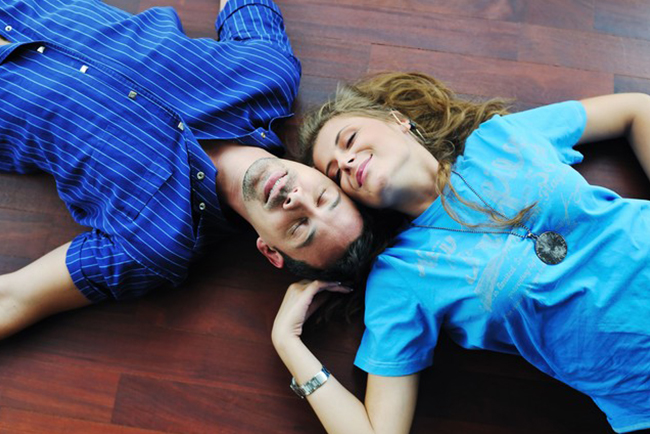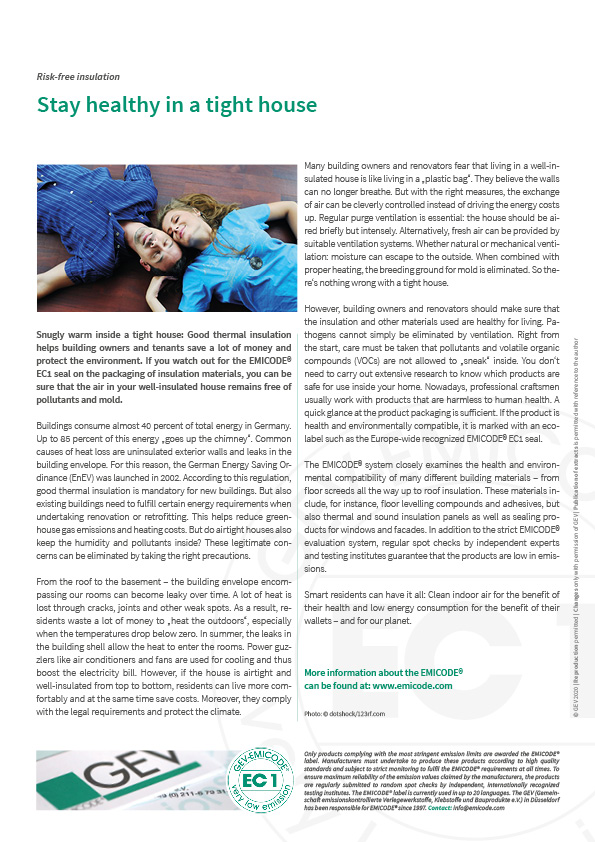Stay healthy in a tight house
Risk-free insulation
Buildings consume almost 40 percent of total energy in Germany. Up to 85 percent of this energy “goes up the chimney”. Common causes of heat loss are uninsulated exterior walls and leaks in the building envelope. For this reason, the German Energy Saving Ordinance (EnEV) was launched in 2002. According to this regulation, good thermal insulation is mandatory for new buildings. But also existing buildings need to fulfill certain energy requirements when undertaking renovation or retrofitting. This helps reduce greenhouse gas emissions and heating costs. But do airtight houses also keep the humidity and pollutants inside? These legitimate concerns can be eliminated by taking the right precautions.
From the roof to the basement – the building envelope encompassing our rooms can become leaky over time. A lot of heat is lost through cracks, joints and other weak spots. As a result, residents waste a lot of money to “heat the outdoors”, especially when the temperatures drop below zero. In summer, the leaks in the building shell allow the heat to enter the rooms. Power guzzlers like air conditioners and fans are used for cooling and thus boost the electricity bill. However, if the house is airtight and well-insulated from top to bottom, residents can live more comfortably and at the same time save costs. Moreover, they comply with the legal requirements and protect the climate.
Many building owners and renovators fear that living in a well-insulated house is like living in a “plastic bag”. They believe the walls can no longer breathe. But with the right measures, the exchange of air can be cleverly controlled instead of driving the energy costs up. Regular purge ventilation is essential: the house should be aired briefly but intensely. Alternatively, fresh air can be provided by suitable ventilation systems. Whether natural or mechanical ventilation: moisture can escape to the outside. When combined with proper heating, the breeding ground for mold is eliminated. So there’s nothing wrong with a tight house.
However, building owners and renovators should make sure that the insulation and other materials used are healthy for living. Pathogens cannot simply be eliminated by ventilation. Right from the start, care must be taken that pollutants and volatile organic compounds (VOCs) are not allowed to “sneak” inside. You don’t need to carry out extensive research to know which products are safe for use inside your home. Nowadays, professional craftsmen usually work with products that are harmless to human health. A quick glance at the product packaging is sufficient. If the product is health and environmentally compatible, it is marked with an eco-label such as the Europe-wide recognized EMICODE® EC1 seal.
The EMICODE® system closely examines the health and environmental compatibility of many different building materials – from floor screeds all the way up to roof insulation. These materials include, for instance, floor levelling compounds and adhesives, but also thermal and sound insulation panels as well as sealing products for windows and facades. In addition to the strict EMICODE® evaluation system, regular spot checks by independent experts and testing institutes guarantee that the products are low in emissions.
Smart residents can have it all: Clean indoor air for the benefit of their health and low energy consumption for the benefit of their wallets – and for our planet.

Photo: ©dotshock/123rf.com
Snugly warm inside a tight house: Good thermal insulation helps building owners and tenants save a lot of money and protect the environment. If you watch out for the EMICODE® EC1 seal on the packaging of insulation materials, you can be sure that the air in your well-insulated house remains free of pollutants and mold

Do You Have Questions?
If you have questions about specific topics or if you would like to contact us for any other reason, feel free to contact us by phone, fax or e‑mail.
Phone: +49 211 / 67931–20
Fax: +49 211 / 67931–33
info@emicode.com
Share article on Social Media:
